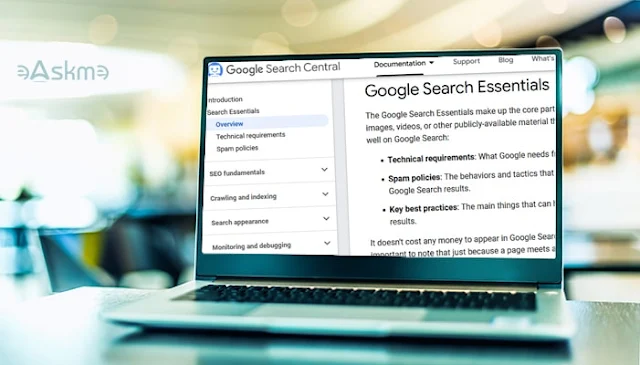Google's AI Overviews ranks niche-specific websites in its results. In other words, micro niche sites have better chances to rank in Google AIOs than multiniche sites from brands.
BrightEdge has published a study analyzing the changes in Google AI overviews. New results show that topic-specific blogs or websites are getting more space than branded websites.
And all this has changed with Google's Core Update.
Google Core Update and AI Overviews:
SEO experts have already speculated that AIO results will display content from top-ranking sites. The real story is not so different. Google AI Overviews are mirroring organic results.
After the August 2024 Core update, AIOs started displaying niche-specific websites in the results.
BrightEdge's AI Overviews Study:
Here is what the BrightEdge Study shows:
- Since the August 2024 core update, AI Overviews have been displaying 41% of results from top-ranking pages.
- AIOs focus on topic-specific websites.
- AI overviews will focus on organic results rather than extracting content from non-ranking sites.
- AIO is ranking low-ranking websites for topic-specific results.
- Google's August 15th Core Update has changed how sites rank in organic results and AIOs.
- AIO results match the ranking of the top 100 websites for the search query.
- New and topic-specific websites are getting more exposure.
- AIO results are all about the topic.
BrightEdge used its dataset for this study.
BrightEdge Dataset includes Data Cube X, content analytics, and SEO platforms.
Data Cube X focus on:
- Organic Keyword Research
- Competition analysis
- AI-powered keyword and topic research
- Organic traffic
Google AI Overviews Expansion:
Google has expanded AIO to non-registered users. This means that regardless of whether you have a Google account, you will still see AIO results for any query.
This way, Google is ensuring that more users develop the habit of using AIO results over other organic pages.
AIO results are not industry-specific. Google delivers AIO results for every query.
Non-registered or non-login users will not see AIO results in the following scenarios:
- Education
- Healthcare
- B2B Tech
Non-logged-in eCommerce users will see 90% less AIO results as compared to logged-in users.
At the same time, Google displays product grids to non-signed-in users.
Google AIO and Product Comparisons:
The holiday season is coming, and Google AIO is ready for it. It displays product comparisons to help buyers decide.
- 172% growth in apparel-related queries in August 2024.
- 42% increase in the use of unordered lists.
AI overviews provide user-friendly product comparisons. It will undoubtedly impact the buyer's decision.
The user can compare products with visuals and statistics. AIO is using high-quality images, which is an indication for marketers to use HD images in eCommerce product listings.
Another thing that marketers should learn from AIO results is that it feeds on data. The more and accurate data your listing has, the better your influence on buyers' decisions.
When it comes to comparing eCommerce products, context becomes essential. Comparison is the best way to do it. Compare products and let users know which is the best.
Google AI Overviews Getting Better:
Google is ranking topic-specific content in AIO results. In most results, you will find the content from the top 100 pages used to answer searchers' queries.
For example, to learn blogging, you will go to an online course on learning blogging rather than visit HuffingtonPost.
Conclusion:
Google is increasing the top-ranking pages in the AIO results. Product comparisons are helping customers and will become more precise throughout the holiday season.
Google's organic results and AI Overviews are displayed side by side. The focus is on highlighting topic-specific results for the user's query.
BrightEdge has published the timeline of changes in AI Overviews.
You May Also Like These:






















